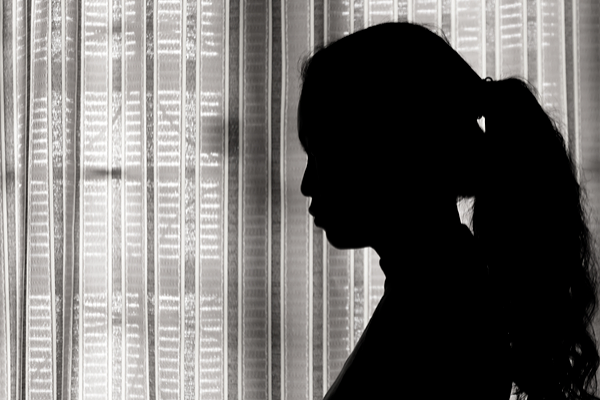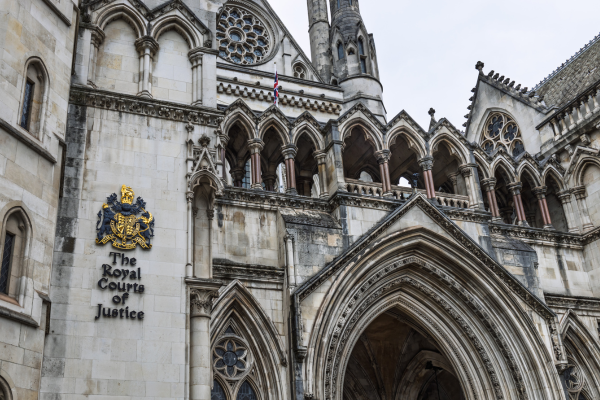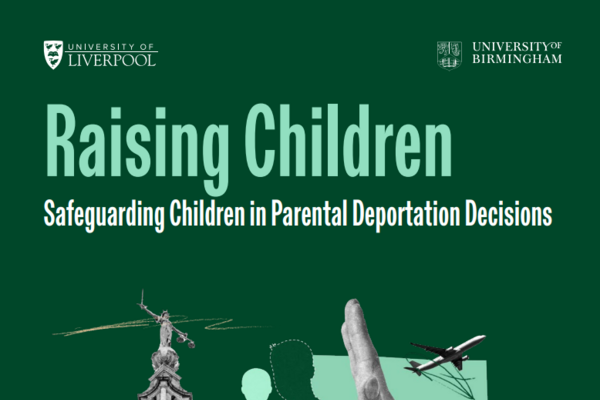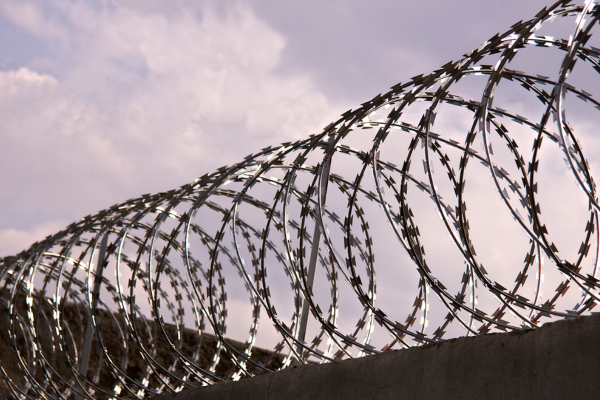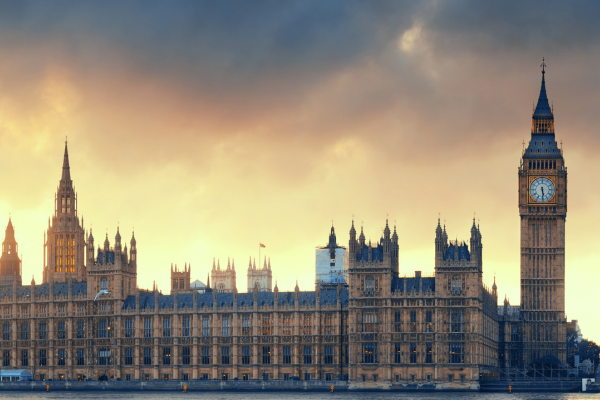It has long been established and accepted by the UK government that survivors of human trafficking and modern slavery are particularly vulnerable to harm in detention. Nevertheless we continue to detain victims of trafficking in their hundreds each year.
As Home Secretary, Theresa May described modern slavery as “the great human rights issue of our time”. The UK’s Modern Slavery Act 2015 was the first piece of legislation of its kind in the world. However, despite considerable attention given to this issue by parliament and successive governments, little has been done to strengthen protections for victims of trafficking. Until the government commits to end the detention of victims of trafficking our claim to be a world-leader in the fight against human trafficking will ring hollow.
Human trafficking is a horrific crime that takes many different forms. Victims are brought under total control of their traffickers, deprived of their liberty, and subjected to many potential forms of exploitation: forced labour, domestic servitude or sexual exploitation. Often survivors are trapped in debt bondage and face threats from their traffickers that their family will be harmed if they escape, or tell the authorities.
The experience of immigration detention – being detained in isolated and prison-like conditions without any idea when or where you will be released to – can be damaging for anyone. But survivors of human trafficking are forced to relive traumatising experiences. Unsurprisingly this leads to extreme suffering and deterioration in mental health and many experience increased suicidal ideation. Survivors face an ongoing struggle with mental health after leaving detention and are likely to require ongoing psychological support. Some may never be able to recover. Quite simply, victims of trafficking should never be placed in immigration detention.
In recognition of the harm that detention causes, government policy states that potential victims of trafficking will only be detained if their detention can be justified on grounds of public order. Often the Home Office argues that they cannot release on the grounds of public order even when the only offence that an individual has committed was whilst they were under the control of their traffickers.
What is the national referral mechanism?
The process for identifying and protecting victims of trafficking is called the National Referral Mechanism (NRM). Designated organisations known as First Responders have a duty to refer individuals to the NRM where they are concerned that the individual has been a victim of trafficking, and where the individual has provided informed consent. This is a complex and difficult process as victims may not even be aware that they have been victims of trafficking or exploitation and are unlikely to have any prior knowledge of the NRM. They will likely have been told by their traffickers not to disclose their experiences to the authorities. A number of statutory bodies and non-governmental authorities in the UK are First Responders including the Home Office and the police. Once an individual has been referred to the NRM they should receive a decision from the Competent Authority (the decision-making body that sits within the Home Office) within 5 working days stating whether or not there are reasonable grounds to believe they are a victim of trafficking. If this reasonable grounds decision is positive, the individual should be given a ‘recovery and reflection’ period for a minimum of 45 days. During that period, the competent authority must decide whether there are conclusive grounds to accept that the individual is a victim of trafficking.
Several pieces of research over the last few years have documented the ubiquitous practice of detaining victims of trafficking. In 2017, a report by Detention Action, ‘Trafficked into detention’ investigated the detention of 16 Vietnamese men detained in Harmondsworth, Colnbrook and The Verne IRCs over a 6 month period, who had been trafficked in cannabis farms and nail bars. Many were convicted of criminal offences directly related to their exploitation. All displayed clear indicators of trafficking, but only 9 had been referred into the NRM, and only 2 of those had referred received a positive reasonable grounds decision despite the low threshold for a positive reasonable grounds decision. The report noted the conflict of interest inherent in the fact that the Home Office acts as the detaining authority; the only first responder in detention; and the decision-maker in trafficking cases. These resulted in poor identification and harsh decision-making. Disclosure of trafficking or other traumatic experiences requires a safe setting and a relationship of trust, neither of which is possible in the context of immigration detention where the only first responder is the same authority responsible for maintaining your detention and executing your enforced removal from the UK.
Similar findings emerged from two later pieces of research ‘Survivors of Trafficking in Immigration Detention’ by the Jesuit Refugee Service (2018), and ‘Detaining Victims: Human Trafficking and the UK Immigration System’ by the Labour Exploitation Advisory Group (2019). Both found that victims of trafficking were routinely being detained, often for long periods, with severe and lasting impact on victims’ mental and emotional health. Often victims were only identified after months in detention. In some cases, victims of trafficking spent the entirety of their recovery and reflection period in detention.
‘From one hell to another’ by Women for Refugee Women (2019) investigated the cases of 14 Chinese women who had been forced into sexual exploitation, domestic serviture, or forced labour to pay off debts. Upon being encountered by the Home Office, they were detained in Yarl’s Wood IRC despite clear indicators of trafficking. Many were suffering from severe mental ill-health including PTSD, depression, self-harm, suicidal thoughts and psychotic symptoms.
Data obtained through Freedom of Information Requests by data mapping project ‘After Exploitation’ revealed that 507 individuals believed to have Reasonable Grounds in their trafficking case were detained under immigration powers in 2018. This was the first data in the public domain that we have seen that reveals the staggering numbers involved. However we suspect these figures are just the tip of the iceberg, and there are a far greater number of trafficking victims in detention who are never unidentified.
Since the publication of these five reports we have seen no change in policy or practice. The Home Office detention gatekeeper, caseworkers, and detention centre staff are consistently missing clear indicators of trafficking, including in the most typical cases where victims have been encountered in locations associated with trafficking (brothels, nail bars, cannabis farms). The Home Office’s Adults at Risk policy continuously fails to protect victims of trafficking from the harm of detention.
If the government’s lofty rhetoric about the scourge of modern slavery is to be taken seriously it must stop detaining victims of trafficking. Considering the substantial body of evidence presented here we ask how a Home Office that is institutionally obsessed with forcibly removing people from the UK and sees people primarily through the lens of immigration enforcement can possibly discharge its duty to protect victims of trafficking, or at the very least stop detaining them.

